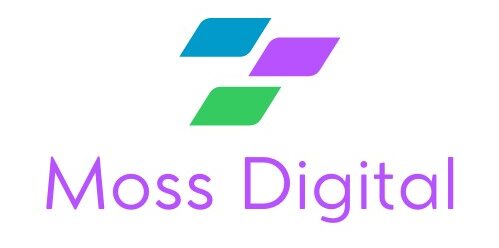Blockchain in Healthcare: Transformative Use Cases & Future Potential
The healthcare industry is plagued by issues like data security breaches, inefficiencies in record-keeping, and lack of transparency. Blockchain technology has the potential to revolutionize healthcare by enhancing security, interoperability, and patient-centric care. In this guide, we explore key use cases of blockchain in healthcare, highlighting its benefits and challenges.
1. Secure & Interoperable Electronic Health Records (EHR)
One of the most promising blockchain applications is in electronic health records (EHR). By leveraging blockchain’s decentralized ledger, patient data can be securely stored and shared across healthcare institutions.
- Benefits: Improved security, reduced duplication, and real-time updates.
- Challenges: Integration with existing legacy systems.
- Example: MIT’s MedRec project uses blockchain to improve EHR access and security.
2. Pharmaceutical Supply Chain Management
Blockchain helps combat counterfeit drugs by enabling real-time tracking of pharmaceutical products from manufacturing to delivery.
- Benefits: Enhances traceability, reduces fraud, and ensures drug authenticity.
- Challenges: Adoption across the entire supply chain.
- Example: IBM’s Blockchain for Supply Chain enhances drug traceability.
3. Clinical Trials & Research Transparency
Blockchain can prevent data manipulation in clinical trials by creating immutable records, ensuring transparency and trust in research outcomes.
- Benefits: Reduces fraud, enhances credibility, and promotes open data sharing.
- Challenges: Regulatory compliance and data privacy concerns.
- Example: The FDA has explored blockchain to track and verify clinical trial data.
4. Smart Contracts for Insurance & Billing
Blockchain-based smart contracts can streamline insurance claims and medical billing by automating processes and reducing fraud.
- Benefits: Faster claims processing, reduced administrative costs, and minimized fraud.
- Challenges: Regulatory and legal uncertainties in insurance automation.
- Example: Companies like Ethereum enable smart contract applications in healthcare.
5. Decentralized Patient Identity Management
Blockchain can provide patients with a secure, self-sovereign digital identity, giving them control over their healthcare data.
- Benefits: Enhances data security and prevents identity fraud.
- Challenges: Standardization across healthcare institutions.
- Example: Solutions like ID2020 promote blockchain-based digital identities.
6. Secure Telemedicine & IoT Data Integration
Blockchain can secure data exchanged in telemedicine consultations and IoT-connected medical devices, ensuring privacy and accuracy.
- Benefits: Enhances patient confidentiality and data integrity.
- Challenges: High costs of blockchain-IoT integration.
- Example: Tel Aviv-based startup MediBloc is building blockchain-powered patient data solutions.
7. Drug Prescription & Abuse Prevention
Blockchain can track prescriptions to prevent medication abuse and ensure regulatory compliance.
- Benefits: Reduces opioid abuse, prevents fraud, and improves prescription monitoring.
- Challenges: Widespread adoption among pharmacies and providers.
- Example: The U.S. Department of Health and Human Services is exploring blockchain for prescription tracking.
8. Cross-Border Health Data Exchange
Blockchain enables secure and seamless sharing of patient records across different countries, aiding in global healthcare collaboration.
- Benefits: Facilitates better treatment for patients traveling abroad.
- Challenges: Legal and regulatory hurdles in different jurisdictions.
- Example: Estonia has implemented blockchain for nationwide health record management.
Challenges & Considerations in Blockchain Adoption
Despite its potential, blockchain adoption in healthcare faces several hurdles:
- Regulatory Compliance: Data privacy laws like HIPAA and GDPR must be considered.
- Interoperability: Integration with existing hospital systems is complex.
- Scalability: Current blockchain networks may struggle with high transaction volumes.
- Cost: Implementing blockchain requires significant investment in infrastructure.
For an in-depth analysis, check out this Health IT Report on blockchain’s role in healthcare.
Final Thoughts
Blockchain has the potential to revolutionize healthcare by improving security, transparency, and efficiency. However, its success depends on overcoming regulatory, interoperability, and cost challenges. As more organizations explore blockchain solutions, the healthcare industry must collaborate to create standardized and scalable implementations.
Are you in the healthcare or blockchain industry? Share your thoughts on how blockchain can transform medical data management and patient care!






